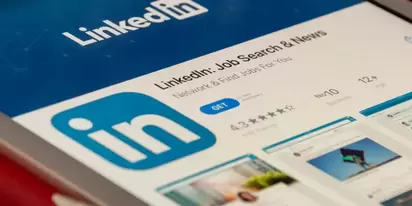
Here's a prioritized checklist of tips for optimizing your LinkedIn profile to attract job offers and impress recruiters.
- Headline: Your headline is the first thing that recruiters and potential connections will see, so make sure it accurately reflects your professional brand and highlights your key skills and achievements. Use keywords that are relevant to your industry and job title.
- Profile Photo: Your profile photo is the first impression you make on LinkedIn. Use a high-quality photo that shows you in a professional light. Avoid using selfies or casual photos.
- About Section: Your About section is an opportunity to showcase your personality and unique value proposition. Write a clear and concise summary that highlights your skills, experience, and achievements. Use keywords that are relevant to your industry and job title.
- Experience: Your experience section should provide a detailed overview of your work experience and achievements. Use bullet points to highlight your responsibilities and accomplishments, and quantify your results wherever possible. Use keywords that are relevant to your industry and job title.
- Skills: Make sure to include all relevant skills in your profile. These can be added manually or endorsed by other LinkedIn users. Use keywords that are relevant to your industry and job title.
- Education: Include your educational background, including any relevant degrees or certifications. Use keywords that are relevant to your industry and job title.
- Recommendations: Recommendations from past colleagues, managers, or clients can add credibility to your profile and help to showcase your skills and accomplishments. Reach out to people you've worked with and ask them to write a recommendation for you.
- Interests: Share your professional interests and any relevant organizations or groups you belong to. This can help you connect with other professionals in your industry.
- Activity: Engage with your network by sharing relevant content, commenting on posts, and participating in groups. This can help you build relationships and establish yourself as a thought leader in your industry.
Need help optimizing your LinkedIn to attract recruiters and hiring managers?
Select the package below!
LinkedIn Optimization Service
- Keyword optimized - Your profile will be optimized to increase searchability by recruiters.
- Consistent messaging - We tailor your online profile to support your resume and job goals.
- Formatted for success - Polished formatting that will grab an employer's attention.
- Time saving - Let us do the tedious work so you can focus on your career.
 RSS Feed
RSS Feed